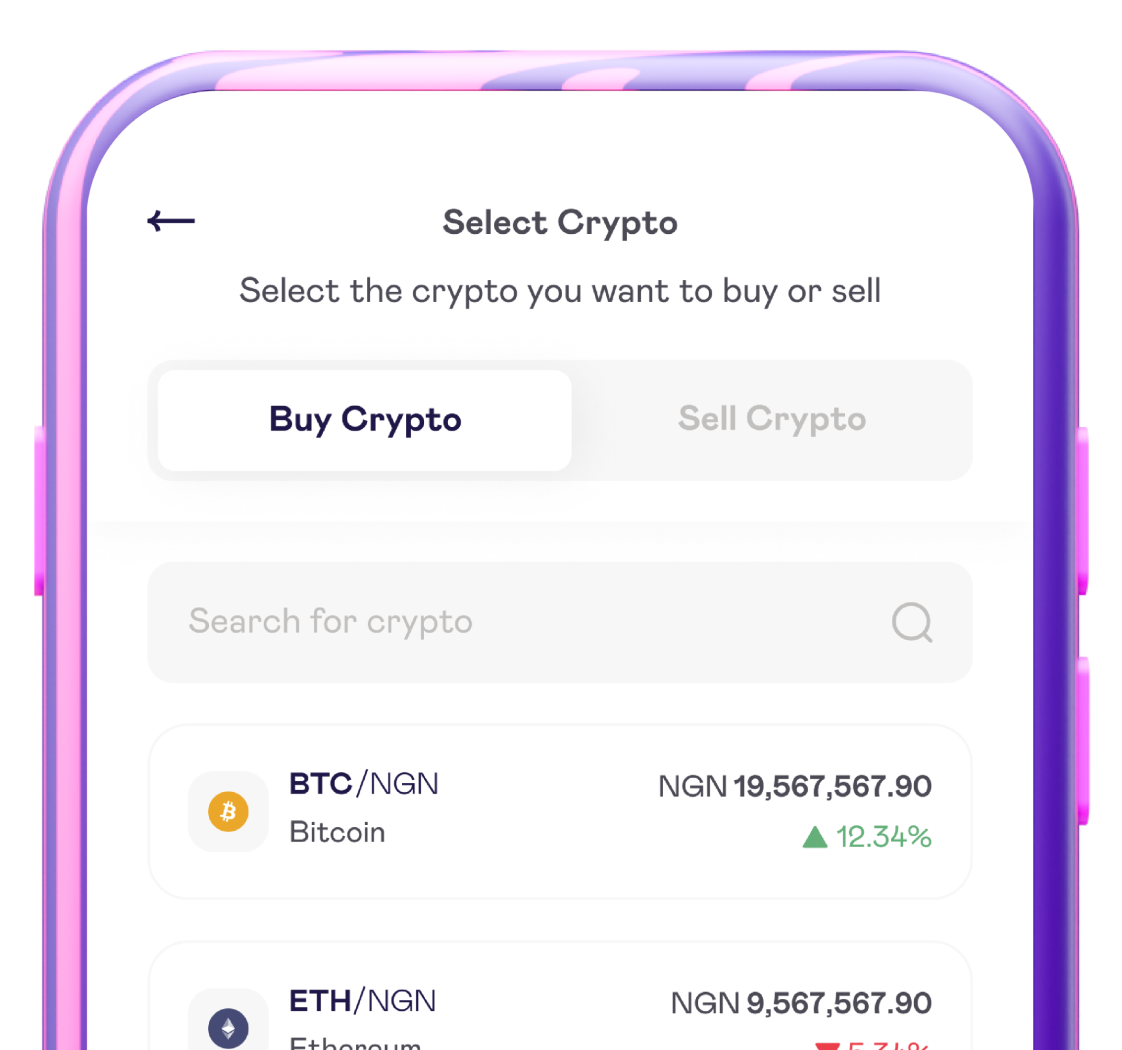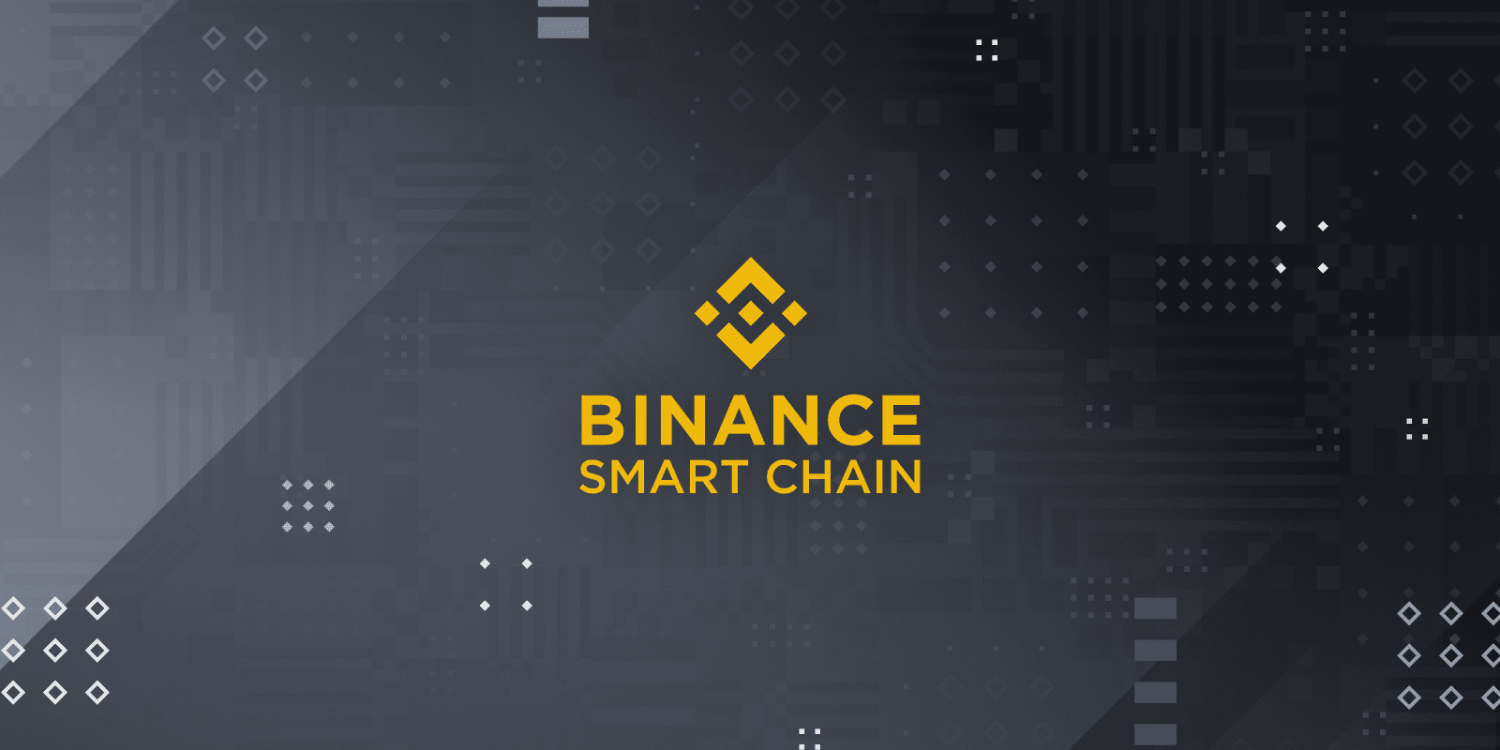In this week’s news roundup, you’ll read about Binance Smart Chain announcing its development plans for the year 2022, Quidax launching its new brand identity, and other top crypto stories.
Binance Announces its 2022 Development Plans
Binance Smart Chain (BSC) announced its development priorities for 2022. In its outlook for the year dubbed ‘BSC 2022: Build and Build’, BSC stated that community building, multi-chain and cross-chain solutions, and scalability will be top priorities.
 Over the course of the year, the BSC community plans to grow its ecosystem from ‘one chain’ to cross-chain and multi-chain.
Over the course of the year, the BSC community plans to grow its ecosystem from ‘one chain’ to cross-chain and multi-chain.
The BSC core team believes that for a decentralised application (DApp) with massive users, multi-chains and cross-chain will be the solution.
The cross-shard and cross-chain/multi-chain interoperability will be the key topics of 2022. The BSC core team plans to achieve this by implementing new technologies on BSC and via BAS (BSC Application Side Chain) and BPC (BSC Partition Chain) infrastructure layers. Besides the processing power of BSC, more validators will be joining the block production of BSC in 2022.
Speaking on the company’s development plans, Samy Karim, BSC Ecosystem Coordinator, said, “After prolonged periods of ATH network transactions and huge user engagement, we focused on increasing the scaling architecture. Whilst the learning curve has been very steep, we are very excited for the road ahead. These potential improvements will benefit not only BSC but also the broader EVM compatible ecosystem.”
Along with scalability, Binance plans to empower the BSC community as well as grow a crypto-native talent pool. This will be achieved through developing open-source technology, events, funding, and talent development.
Quidax Announces the Launch of its New App and Website
 Quidax, a leading cryptocurrency exchange, announced the launch of its new app and website on Tuesday in addition to a refreshed brand identity.
Quidax, a leading cryptocurrency exchange, announced the launch of its new app and website on Tuesday in addition to a refreshed brand identity.
According to Quidax, the launch of the new app was a result of feedback that they had collected from their customers over several months in order to deliver a simpler and better experience to their customers.
Besides the improved user experience, the app has new features, such as markets, instant swap, price alerts as well as a learn more section.
The new app launch also saw Quidax unveil a fresh brand identity that the company’s CEO and Co-Founder, Buchi Okoro, associated with the need to give their visuals a modern look that mirrors their African roots.
The news comes at a time when the African founded crypto exchange had in 2021, carried out more than $3.2 billion in transactions just under three years in operation.
Binance Becomes Official Sponsor of Nigerian Idol Season 7
In a move to continue its mission to drive blockchain and mainstream crypto adoption across Africa, Binance announced that it will be the official sponsor of the seventh season of Nigerian Idol. The Nigerian Idol is a spinoff of the popular music competition TV series, Idols.
 The famed music show will kick-off with a series of auditions with the musical contestants judged based on their creativity, strength of voice and stage performances. After multiple audition rounds, 50 contestants will proceed to ‘Theatre Week’ and subsequently, 10 contestants will be picked for the live performances which will air on Dstv and Gotv platforms. The show will commence on February 6, 2022 and will be hosted by popular radio and TV personality, IK Osakioduwa. This sponsorship deal will make Binance the exclusive cryptocurrency & blockchain sponsor for the show.
The famed music show will kick-off with a series of auditions with the musical contestants judged based on their creativity, strength of voice and stage performances. After multiple audition rounds, 50 contestants will proceed to ‘Theatre Week’ and subsequently, 10 contestants will be picked for the live performances which will air on Dstv and Gotv platforms. The show will commence on February 6, 2022 and will be hosted by popular radio and TV personality, IK Osakioduwa. This sponsorship deal will make Binance the exclusive cryptocurrency & blockchain sponsor for the show.
“In a world of diversity, music scales through differences and unites people of contrasting backgrounds. As such, it is a thrilling opportunity to sponsor the popular musical competition, Nigerian Idol as it is another step in our efforts to drive the mainstream adoption of crypto. Nigerian music continues to take centre stage globally and it’s never been a more exciting time to support this,” said Emmanuel Babalola, Director of Binance Africa.
The news comes barely two weeks after Binance announced it had become the official sponsor of AFCON 2021, making it the first time the crypto exchange would sponsor a large-scale football event.
To learn more about Bitcoin, download the Bitcoin Beginner’s Handbook for free.


 News1 year ago
News1 year ago
 News2 years ago
News2 years ago
 News3 years ago
News3 years ago
 News2 years ago
News2 years ago
 News2 years ago
News2 years ago
 Sponsored Posts3 years ago
Sponsored Posts3 years ago
 News2 years ago
News2 years ago
 News2 years ago
News2 years ago

 Over the course of the year, the BSC community plans to grow its ecosystem from ‘one chain’ to cross-chain and multi-chain.
Over the course of the year, the BSC community plans to grow its ecosystem from ‘one chain’ to cross-chain and multi-chain.
 The famed music show will kick-off with a series of auditions with the musical contestants judged based on their creativity, strength of voice and stage performances. After multiple audition rounds, 50 contestants will proceed to ‘Theatre Week’ and subsequently, 10 contestants will be picked for the live performances which will air on Dstv and Gotv platforms. The show will commence on February 6, 2022 and will be hosted by popular radio and TV personality, IK Osakioduwa. This sponsorship deal will make Binance the exclusive cryptocurrency & blockchain sponsor for the show.
The famed music show will kick-off with a series of auditions with the musical contestants judged based on their creativity, strength of voice and stage performances. After multiple audition rounds, 50 contestants will proceed to ‘Theatre Week’ and subsequently, 10 contestants will be picked for the live performances which will air on Dstv and Gotv platforms. The show will commence on February 6, 2022 and will be hosted by popular radio and TV personality, IK Osakioduwa. This sponsorship deal will make Binance the exclusive cryptocurrency & blockchain sponsor for the show.


















 Central African Republic (CAR) has set up a 15-member committee that will be responsible for developing a bill on the use of cryptocurrencies and tokenization in the region.
Central African Republic (CAR) has set up a 15-member committee that will be responsible for developing a bill on the use of cryptocurrencies and tokenization in the region.







